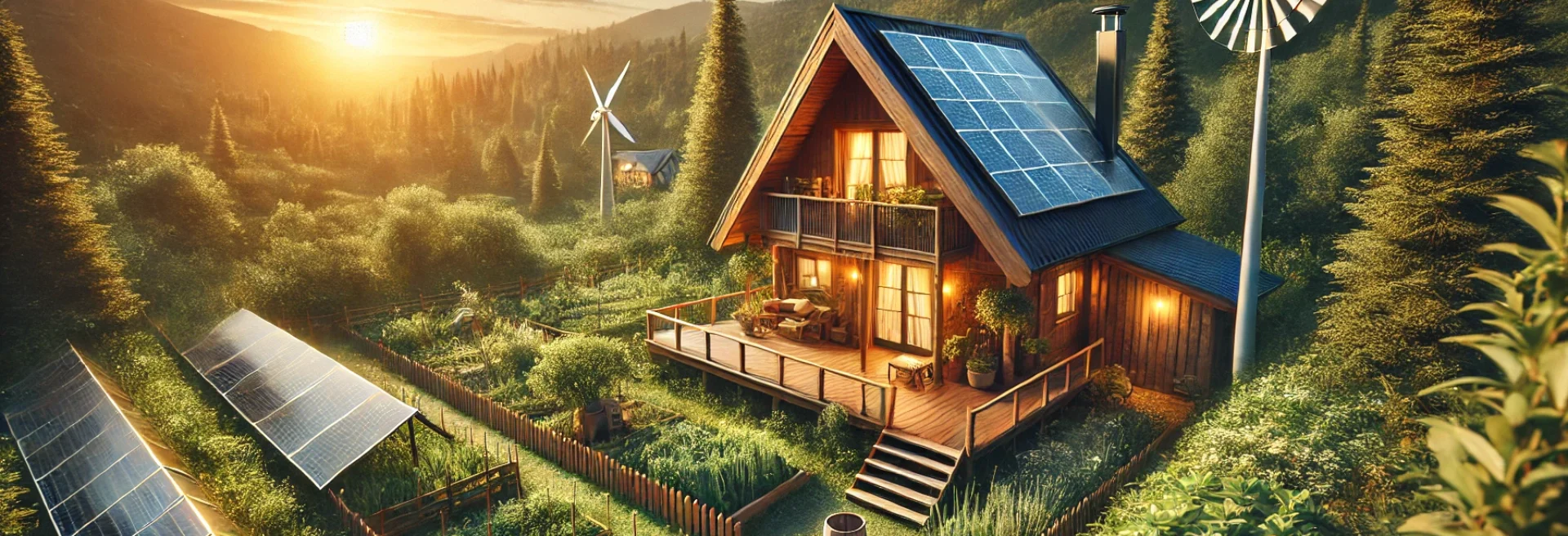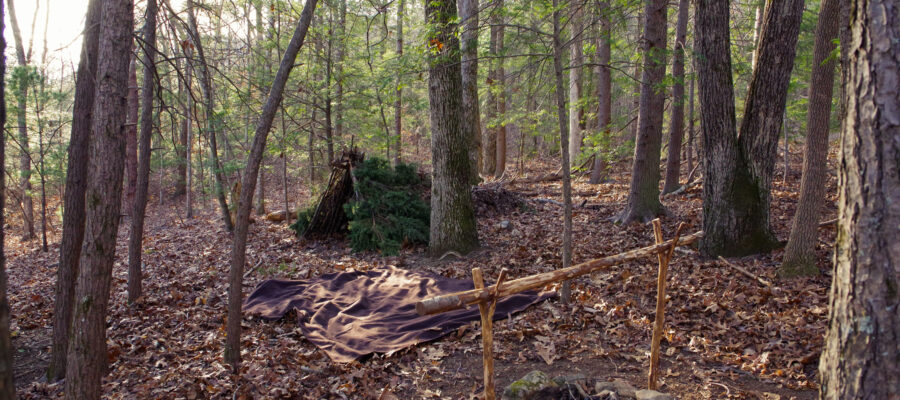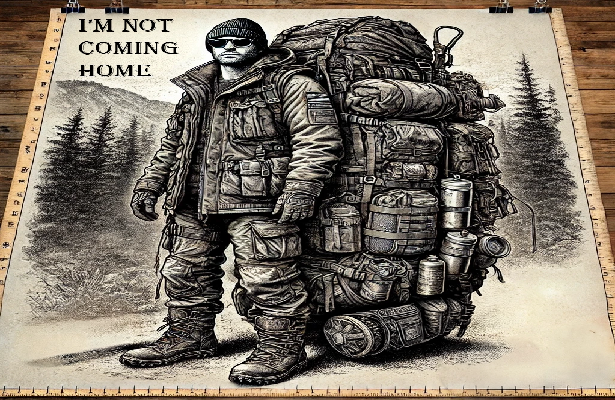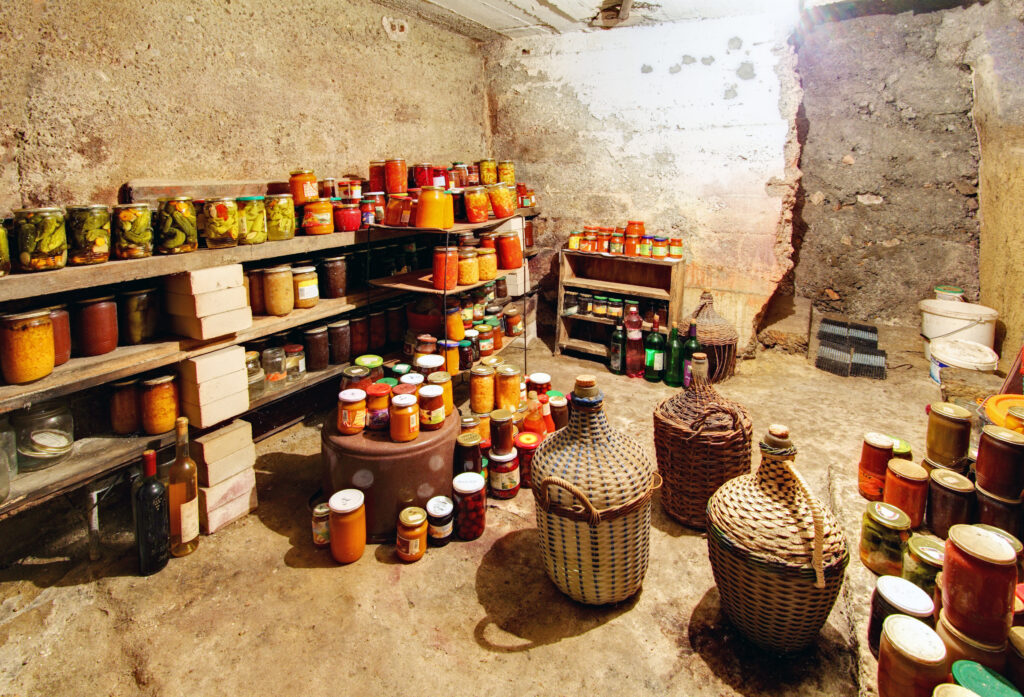Bushcraft is the art and practice of wilderness survival skills that have been developed over centuries by indigenous peoples and pioneers living in rural areas. It is a term that has been around for centuries, and is a combination of skills and knowledge related to living and thriving in the wild, often with limited resources.
The core of bushcraft is about being self-sufficient in the wilderness, with knowledge and skills that enable individuals to build shelters, start fires, source and purify water, and gather food. The focus is on using natural resources in the environment, such as wood, leaves, and bark, to create what is necessary for survival.

Bushcraft involves knowledge of many different aspects of wilderness survival, including identifying and using plants for medicinal purposes, tracking and hunting animals for food, and navigating using the stars, maps, and other natural indicators. It is an all-encompassing set of skills and knowledge that can make the difference between life and death in a survival situation.
One of the key principles of bushcraft is the concept of “leave no trace”. This means that those practicing bushcraft are responsible for minimizing the impact they have on the environment they are in. This can be done by making sure to pack out all waste, avoiding damaging plants and trees unnecessarily, and generally treating the wilderness with respect and care.
Another important aspect of bushcraft is the use of traditional and often simple tools, such as knives, axes, and saws. These tools are typically made from natural materials and are designed to be durable, easy to use, and efficient. They are often used to build shelters, carve wood, and prepare food.
Bushcraft is not just about survival, but also about reconnecting with nature and living off the land. It is a way to escape the trappings of modern society and to embrace a simpler, more sustainable way of life. It can be practiced in the wilderness, but also in urban areas, where individuals can learn to forage for food, make use of public parks and green spaces, and live a more self-sufficient lifestyle.
In recent years, the popularity of bushcraft has grown, with many individuals seeking to learn the skills and knowledge necessary for survival in the wilderness. There are now many books, courses, and organizations dedicated to teaching bushcraft skills and promoting the principles of self-sufficiency, sustainability, and respect for nature.

In conclusion, bushcraft is an ancient practice that has been refined over centuries, allowing individuals to thrive in the wilderness using only natural resources. It is a combination of skills, knowledge, and principles that promote self-sufficiency, sustainability, and respect for nature. Whether practiced in the wilderness or urban areas, bushcraft can offer a way to connect with nature and live a more self-sufficient and sustainable lifestyle.
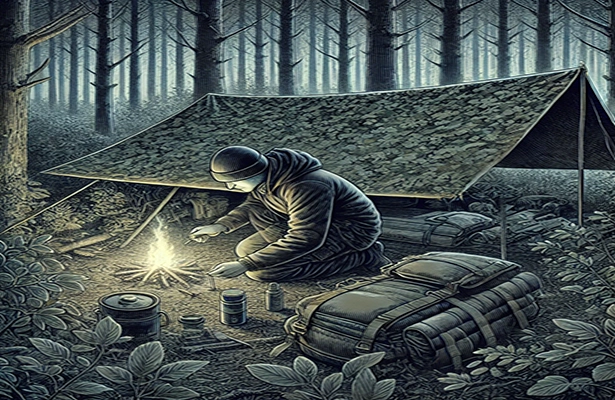
20.8 lb. Stealth Camping Bag? A complete Guide to Stealth Camping
Stealth camping can be a thrilling and adventurous way to experience the outdoors, but it requires careful planning and preparation. One of the most important […]

